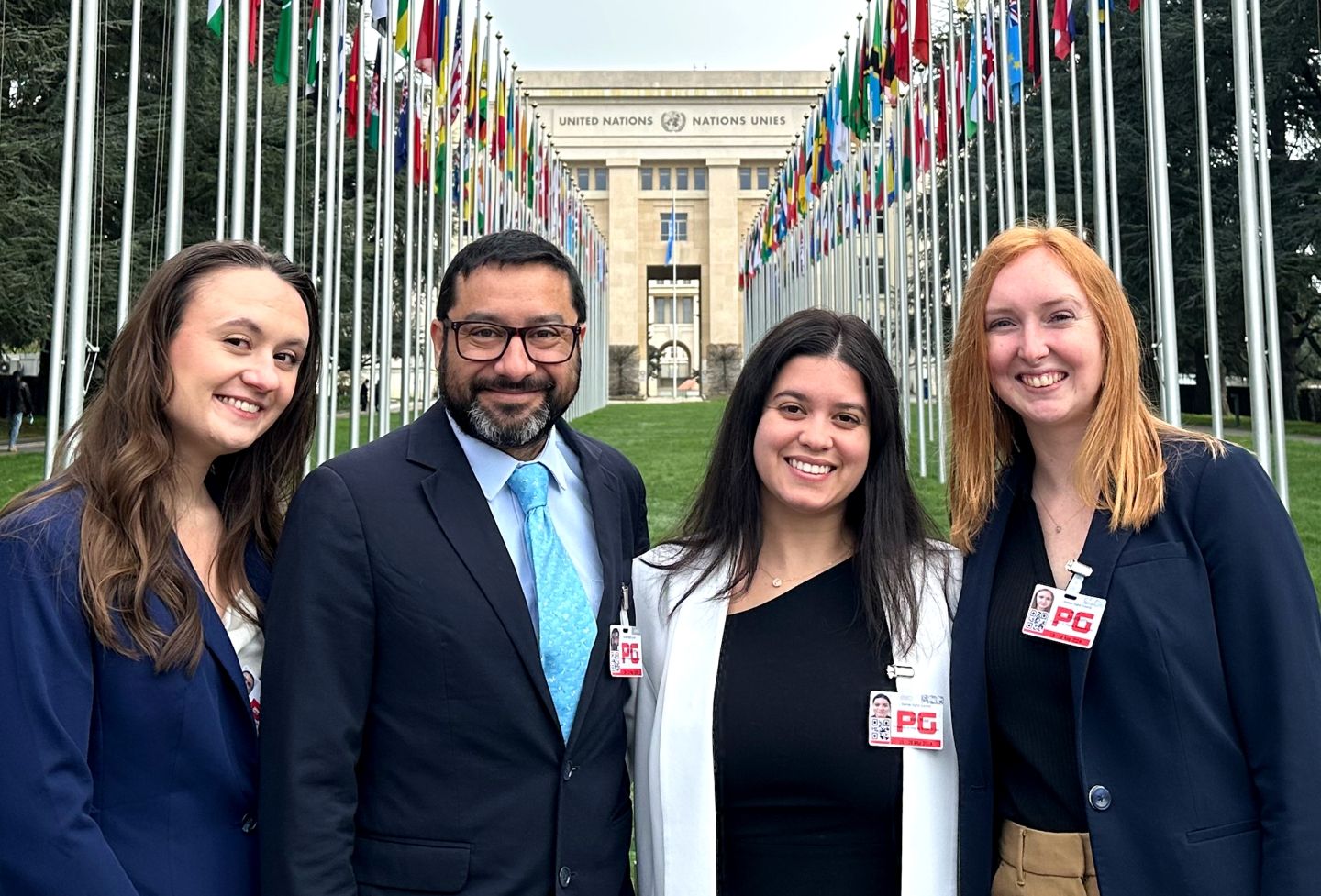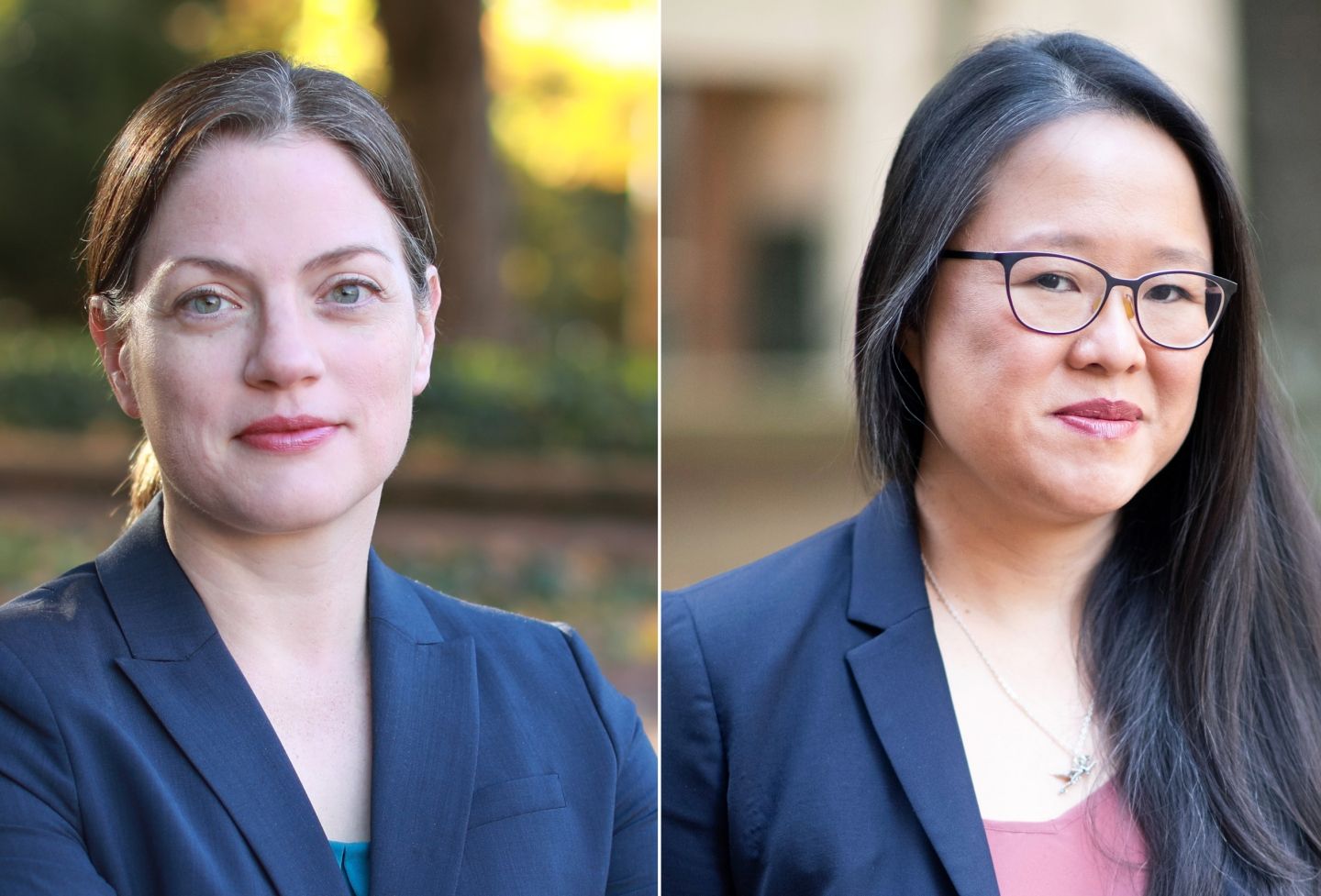Localities and public universities in Virginia are prohibited from imposing living wage requirements in their procurement contracts. A professor and two students at the University of Virginia School of Law want to change that.
Professor Rip Verkerke, director of the Program for Employment and Labor Law Studies, partnered with law students Nooreen Reza ’21 and Eliza Schultz ’21 to co-author a public report that disputes executive legal policy on the issue. They hope it will be a roadmap for legislative action. They define a “living wage” as one that covers necessities and keeps up with the cost of living where a person resides.
“We’re in law school precisely because we believe that a law degree can be a powerful tool to achieve economic justice, and that all too often the law is wielded in favor of corporations and the wealthy,” the students said in a statement.
The trio argue that a 2006 Office of the Attorney General opinion, and a similar one issued in 2002, erroneously bar any language in a procurement contract that would guarantee that contract workers receive a living wage under the Virginia Public Procurement Act. The act governs determining “best value” for public bodies.
“Contrary to the Attorney General’s assertions, an ever-growing body of empirical evidence shows that employee wages affect the quality of services rendered,” the report states. “Numerous studies have found that higher pay reduces turnover, improves productivity, lowers operating costs, increases customer satisfaction, and even makes the public procurement process more competitive.”
The report further contends that state law and Supreme Court of Virginia precedent affords public bodies broad authority to identify their own priorities that serve important public interests.
In 2019, the University announced a $15 minimum wage for eligible employees and later for contracted employees. Verkerke noted that UVA used its leverage and resources to negotiate with contractors to voluntarily raise wages, but under the attorney general’s opinion, that agreement cannot become a formal part of the contract.
The three worked with Del. Sally Hudson, a UVA assistant professor of public policy, during the past General Assembly session on legislation that would have expressly authorized minimum employee wage requirements in the Procurement Act.
The bill failed in committee during a session packed with high-profile legislation, but the team will get back to work on the issue heading into 2021.
“We hope that this paper will be helpful to other public institutions that lack the resources to renegotiate contracts to require living wages,” Reza and Schultz said, “and that it will push lawmakers to consider legislation eliminating barriers to progressive procurement.”
The report took root with Reza and Schultz’s interest in reform. They worked with the Living Wage Campaign at UVA as first-year law students in 2019 and approached Verkerke to learn more about employment law. Their discussions grew into a research project, and they decided that co-authoring a public report about the status of living wage requirements under the Procurement Act would be the best way to spur necessary legislative changes.
Verkerke said the students dug into both the scholarly literature about living wages and existing judicial interpretations of the “best value” provision of the Procurement Act. Once they were confident about their approach, Reza and Schultz collaborated on a draft that Verkerke used to prepare the final public report.
“Eliza and Nooreen did an amazing job on both research and writing,” he said.
Founded in 1819, the University of Virginia School of Law is the second-oldest continuously operating law school in the nation. Consistently ranked among the top law schools, Virginia is a world-renowned training ground for distinguished lawyers and public servants, instilling in them a commitment to leadership, integrity and community service.


